Materials Science
-
 Physics
PhysicsJennifer Dionne harnesses light to illuminate nano landscapes
Nanophotonics research by materials scientist Jennifer Dionne could lead to improved drugs, cancer tests or invisibility cloaks.
-
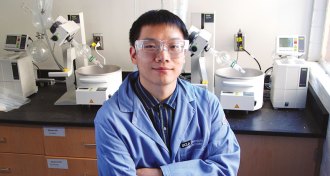 Chemistry
ChemistryChong Liu one-ups plant photosynthesis
Chong Liu mixes bacteria and inorganics into systems that can generate clean energy better than a leaf.
-
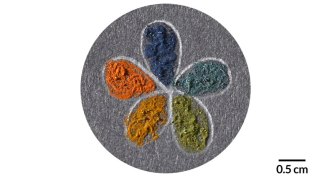 Materials Science
Materials ScienceTiny ‘supraballs’ put a new spin on creating long-lasting color
Nano-sized balls of melanin and silica generate durable colors.
-
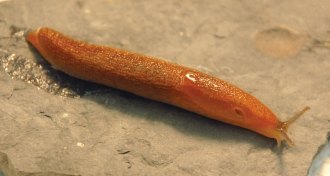 Animals
AnimalsAnimal goo inspires better glue
Researchers are turning to nature to create adhesives that work in the wet environment of the human body.
-
 Tech
TechNew antennas are up to a hundredth the size of today’s devices
A new type of antenna could be used in tiny electronics for wearable tech, injectable medical devices and more.
-
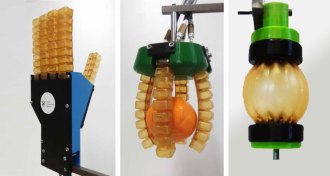
-
 Materials Science
Materials Science50 years ago, steel got stronger and stretchier
Today, scientists are still trying to improve steel.
-
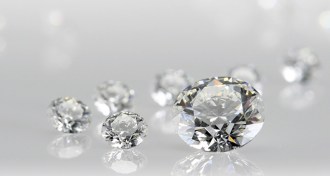 Materials Science
Materials ScienceDiamond joins the realm of 2-D thin films, study suggests
Scientists squeezed graphene sheets into diamondene.
-
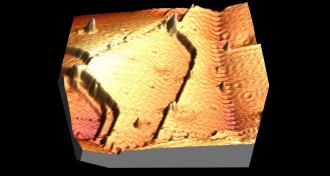 Materials Science
Materials ScienceThe thinnest films of copper look flat, but they aren’t
It turns out that thin films of copper don’t lay flat, a discovery that has implications for computers and handheld electronics.
-
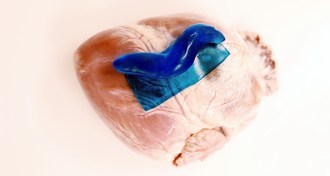 Materials Science
Materials ScienceSlug slime inspires a new type of surgical glue
A new glue that mimics a slug’s mucus secretions sticks well, even when wet. The adhesive could be used in place of sutures or staples in surgeries.
-
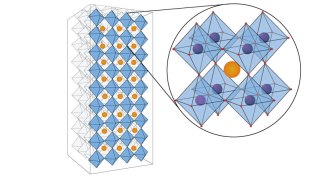 Materials Science
Materials SciencePerovskites power up the solar industry
Perovskites are the latest hot materials in solar energy production.
-
 Chemistry
ChemistryChemistry controlled on tiniest scale can create hollow nanoparticles
Oxidizing tiny iron particles from the inside out reveals how oxidation works and could offer new vehicles for drugs or energy.